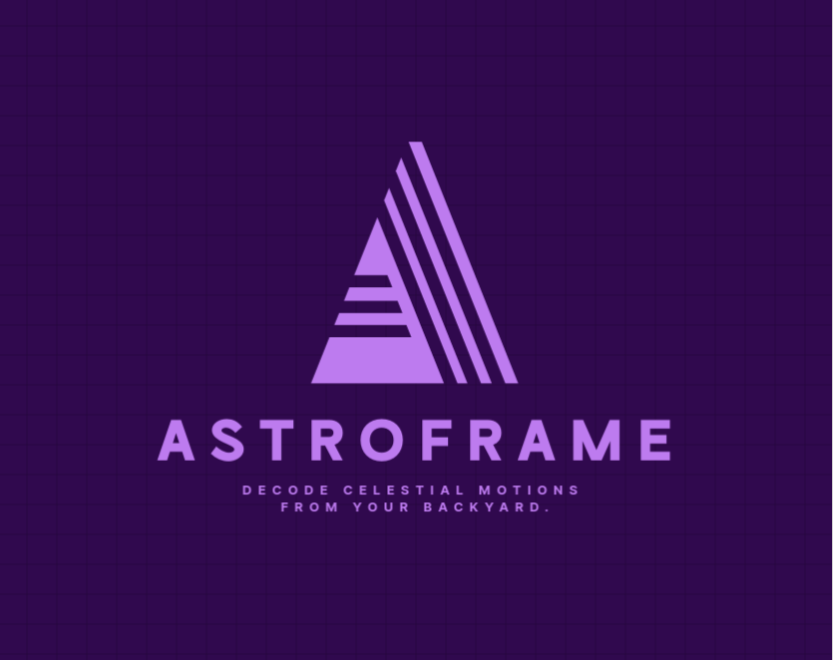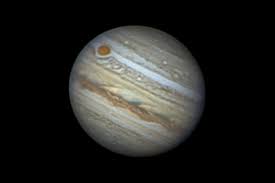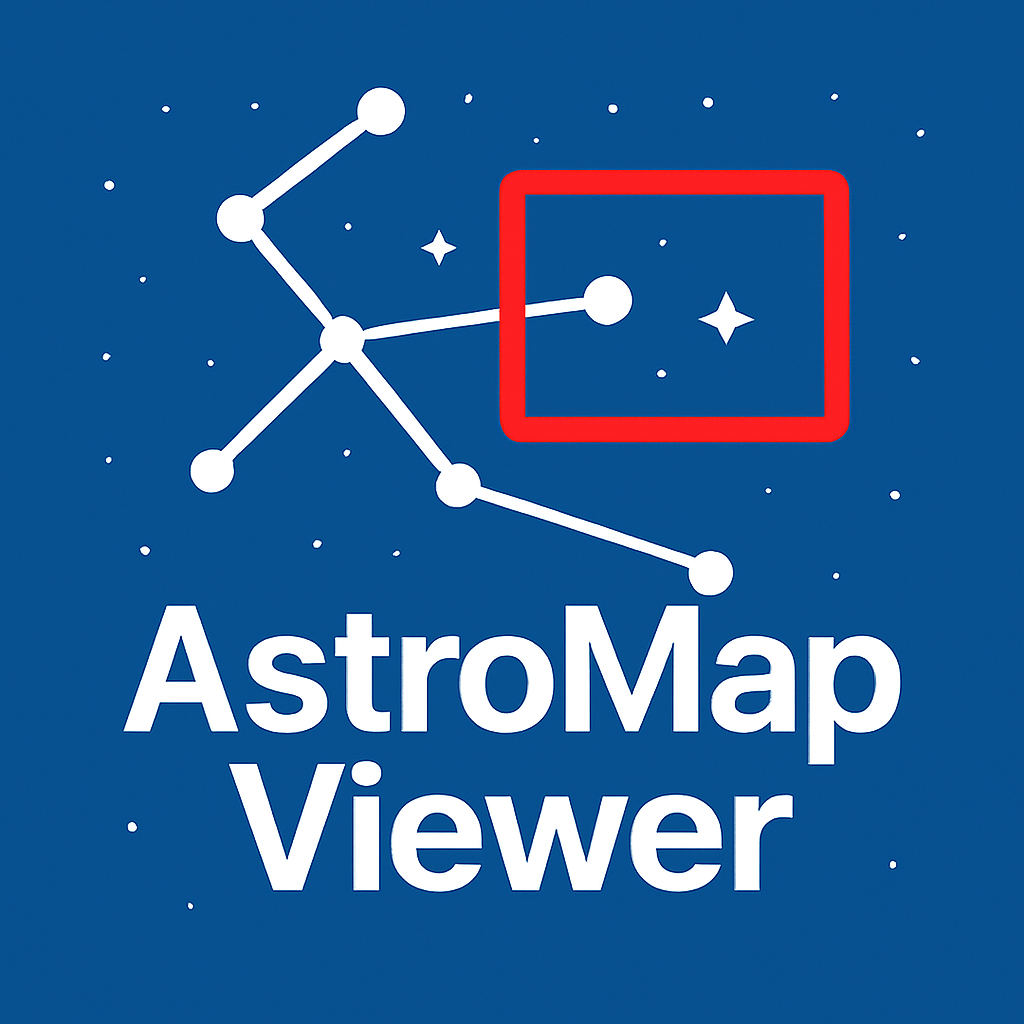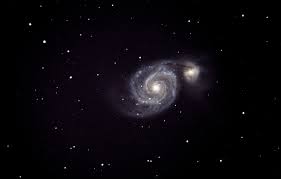Services
In this modern age, technology has opened up extraordinary possibilities, allowing us to explore the depths of space through virtual telescopes and astronomical simulations. With just a few clicks, you can embark on a cosmic journey, delving into distant galaxies, witnessing the birth of stars, and unraveling the secrets of celestial phenomena.
Picture yourself sitting back, with a cup of warm tea in hand, as you navigate through the vast expanse of the cosmos using our online observatory. Through high-resolution images captured by our powerful telescope, you can marvel at the intricate details of distant nebulae, the mesmerizing dance of planetary systems, and the breathtaking beauty of galaxies millions of light-years away.
The accessibility of modern technology has transformed the way we explore and appreciate the universe. It has democratized astronomy, allowing anyone with an internet connection to immerse themselves in the wonders of the night sky. Whether you are a seasoned enthusiast or a curious beginner, the cosmos is now at your fingertips, waiting to be explored and admired.
So, take a moment to imagine the limitless possibilities that await you as you embark on your cosmic adventure from the cozy confines of your sofa. The universe is vast, mysterious, and awe-inspiring, and with the power of technology, its wonders are within reach like never before. Sit back, relax, and let the universe unfold before your eyes, all from the comfort of home.


















































































